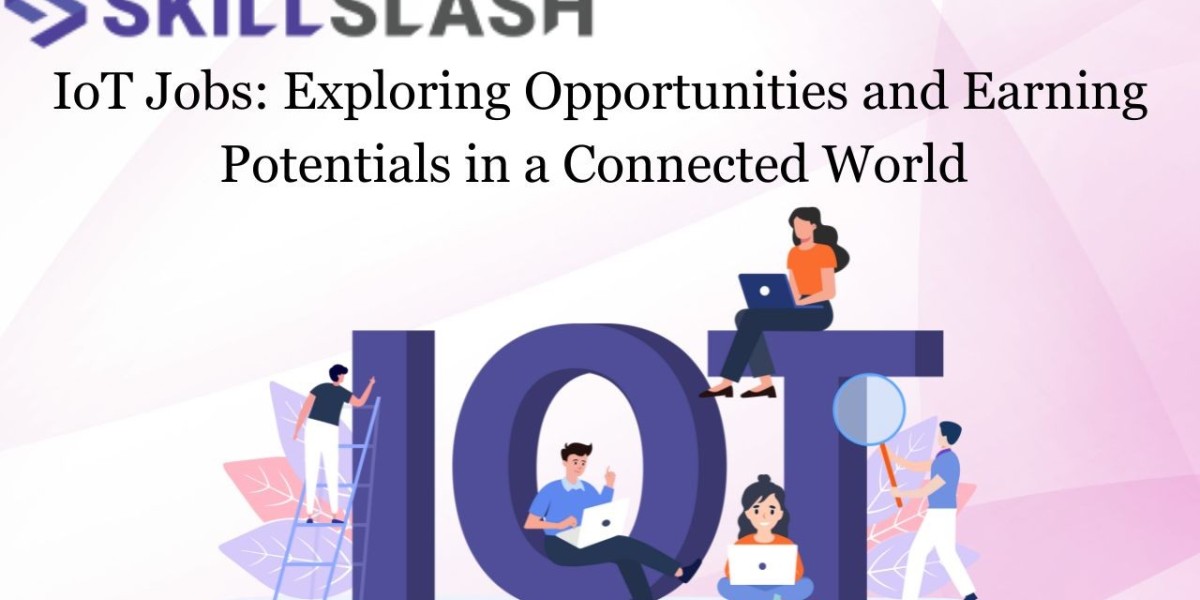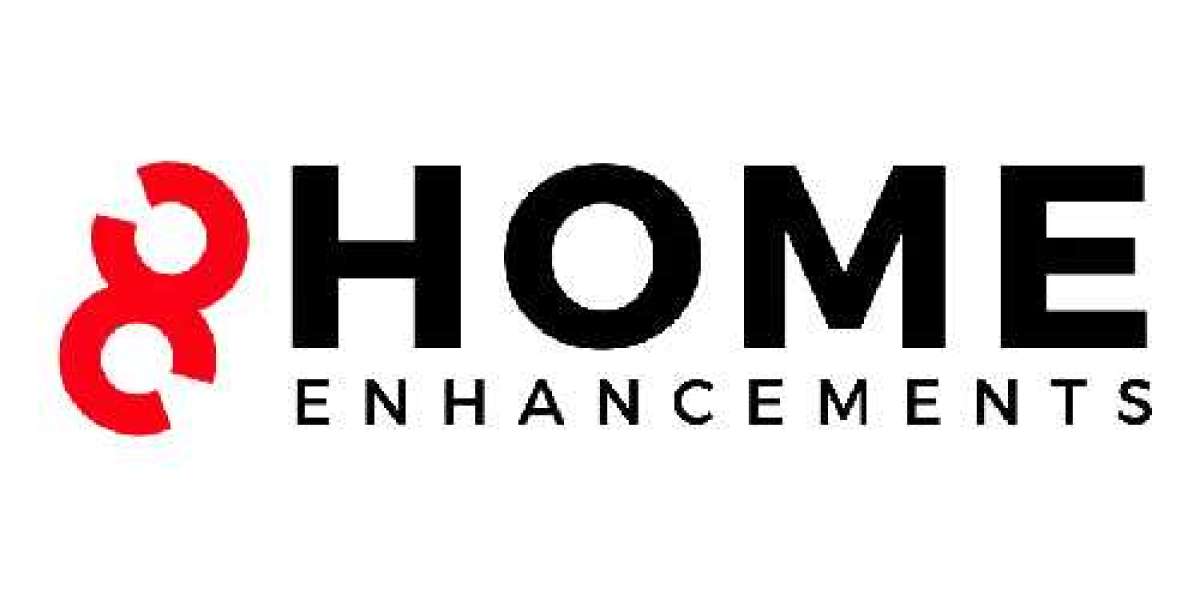The Internet of Things (IoT) is more than just a buzzword in today’s world. IoT has rapidly expanded from a concept to a reality, transforming the way we interact with technology, live our lives, and work. Its applications extend to far beyond consumer use, and now cover a wide range of industries (from healthcare to manufacturing, agriculture to transportation, and beyond).
This rapid expansion has created a need for professionals with a deep understanding of IoT technologies, leading to a wide range of job and income opportunities in this constantly evolving field.
Understanding IoT and Its Implications
What is the Internet of Things? Basically, it’s a network of devices, cars, appliances and other gadgets that are connected and have sensors, software and connectivity so they can gather and share data. These gadgets can talk to each other and make our lives smarter, more productive and more automated.
This interconnectedness enables the smooth communication and interaction of devices, resulting in smarter, more efficient and automated systems across a wide range of domains. IoT has impacts across many industries, transforming our lives and work by improving productivity, predictive maintenance, healthcare services, resource management, and innovation in diverse industries by collecting and analyzing massive amounts of data.
IoT is changing our world, transforming the way we engage with technology and the world around us.
Job Opportunities in IoT
The expansion of IoT technology has led to the creation of various job roles across different sectors. Here are some of the prominent IoT job opportunities:
1. IoT Solution Architect: As an IoT Solution Architect, you'll design and oversee the implementation of IoT systems. Your role involves creating the framework for interconnected devices, ensuring they align with business goals and technical requirements.
2. IoT Software Developer: Your primary responsibility as an IoT Software Developer is to create the software and applications necessary for IoT devices to function. You'll work on coding and developing the programs that allow devices to collect, process, and transmit data.
3. IoT Product Manager: As an IoT Product Manager, you oversee the entire lifecycle of IoT products. Your role spans from ideation and development to the marketing and success of IoT solutions in the market.
4. Data Scientists and Analysts: In this role, you'll work with the vast amount of data generated by IoT devices. Your responsibilities include analyzing data, deriving insights, and creating meaningful strategies based on the patterns observed.
5. Security Specialists: IoT Security Specialists focus on safeguarding IoT devices and networks from potential threats. Your role involves implementing security protocols and strategies to protect sensitive data transmitted by interconnected devices.
6. Hardware Engineers: As a Hardware Engineer in IoT, your task is to design and develop the physical components that make up the IoT ecosystem. This includes creating devices, sensors, and hardware for efficient data collection and transmission.
7. IoT Sales and Marketing Specialists: Your role involves promoting and selling IoT solutions to businesses and consumers. This includes understanding market needs and communicating the benefits of IoT products effectively.
8. IoT Project Managers: As an IoT Project Manager, you oversee the planning, execution, and monitoring of IoT projects to ensure they are delivered on time and within budget. Your responsibilities encompass coordinating various teams and resources to achieve project goals.
These jobs are just a few examples, just a fraction of the job opportunities in the IoT industry. Each role requires a unique set of competencies, skills and knowledge, contributing to the development and innovation of the connected world of IoT technology.
Skills and Qualifications Required
In order to pursue a career in the field of Internet of Things (IoT), professionals must possess a combination of technical and interpersonal skills. Some of the essential skills include:
● Programming and Software Development Skills: Proficiency in languages like C, C++, Java, Python, or other IoT-specific languages.
● Data Analytics and Machine Learning: Understanding data patterns and machine learning algorithms to derive insights.
● Hardware Knowledge: Understanding hardware components and their interactions within IoT systems.
● Cybersecurity: Proficiency in securing IoT devices and networks.
● Project Management: Skills necessary to manage and oversee IoT projects.
● Critical Thinking and Problem-Solving: Ability to troubleshoot and find innovative solutions in a dynamic environment.
Earning Potential in IoT Jobs
The amount of money you can make in an IoT job can vary depending on what kind of job you have, how much experience you have, where you live, and what kind of industry you’re in.
Generally, though, IoT professionals usually make good money. According to different sources, the average salary for different IoT jobs is as follows:
IoT Solution Architect: $110,000 to $160,000 per year
IoT Software Developer: $80,000 to $120,000 per year
Data Scientists and Analysts: $90,000 to $130,000 per year
Security Specialists: $90,000 to $140,000 per year
Hardware Engineers: $85,000 to $120,000 per year
IoT Project Managers: $90,000 to $130,000 per year
* These figures can significantly vary based on factors of level of experience, location, industry. Additionally, as the IoT field continues to grow and evolve, these compensation figures might change with time. *
Future Trends and Opportunities
The IoT industry is continually evolving. Some emerging trends that would create new opportunities include:
Edge Computing:
Edge computing is all about getting data closer to where it's being processed and stored, usually at or close to the device that's generating it. This means faster processing, less latency, and better data management. It means that important operations can happen closer to where data is being created, which helps speed up IoT and other applications and services.
5G Technology:
5G is the latest and greatest in mobile networks, with faster speeds, less latency, and more capacity to send huge amounts of data than ever before. It's set to revolutionize the way we connect, powering new things like augmented reality, self-driving cars, smart cities, the IoT, and more. It's paving the way for better digital experiences, faster communication, and big tech breakthroughs in all sorts of industries.
AI and Machine Learning Integration:
AI and ML in IoT means using powerful algorithms and data analysis to help devices make decisions on their own and learn from patterns in data. They can make devices smarter, more productive, and better able to interpret data for automation and decision making, improving the overall performance and functionality of connected devices and networks.
Expansion into New Industries:
IoT is branching into industries like agriculture, construction, and smart cities, opening up multiple new job prospects in the future.
Conclusion
The Internet of Things is a game-changer. It’s connecting devices and systems like never before. Jobs in IoT are wide open and require a wide range of skills and knowledge. As technology advances, the need for skilled professionals in IoT will only grow. Not only do you stand to make a lot of money, but you can also help shape the future of technology and how it’s used in different industries.
IoT can be a great career, but it can also be a challenge. If you’re willing to stay up to date with the ever-changing world of IoT, you’ll have plenty of opportunities.








